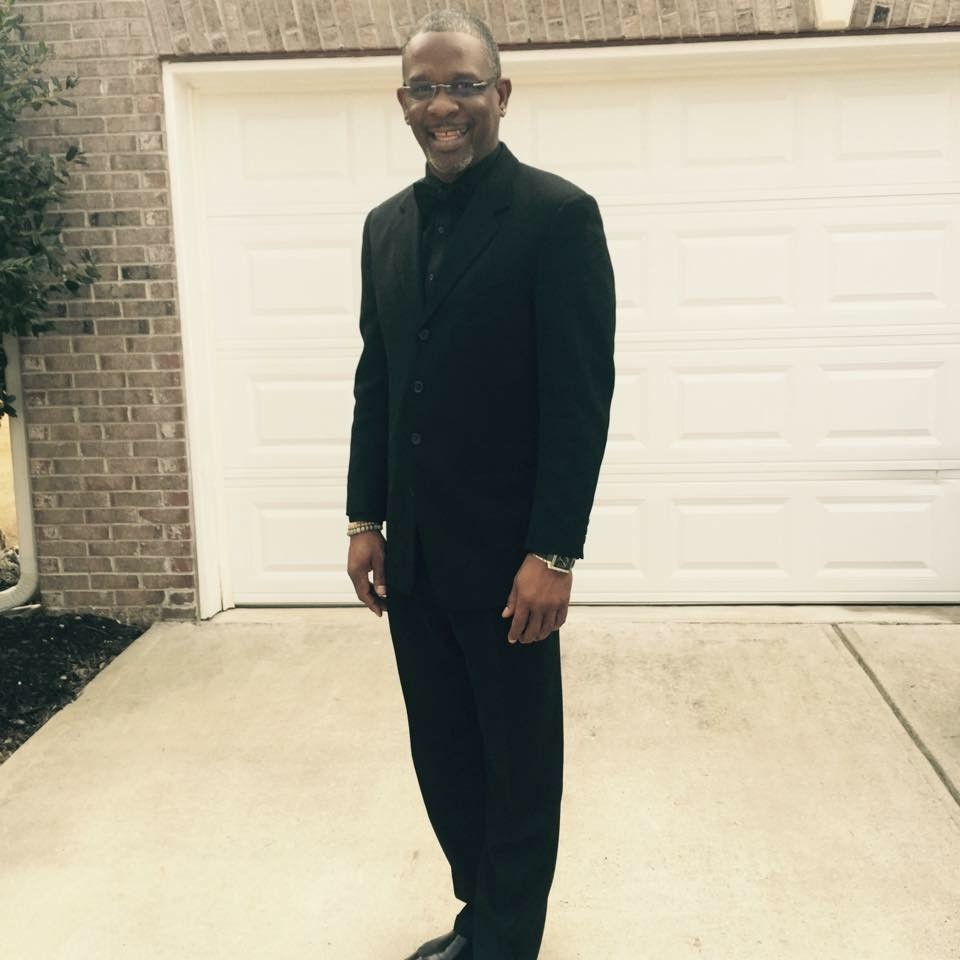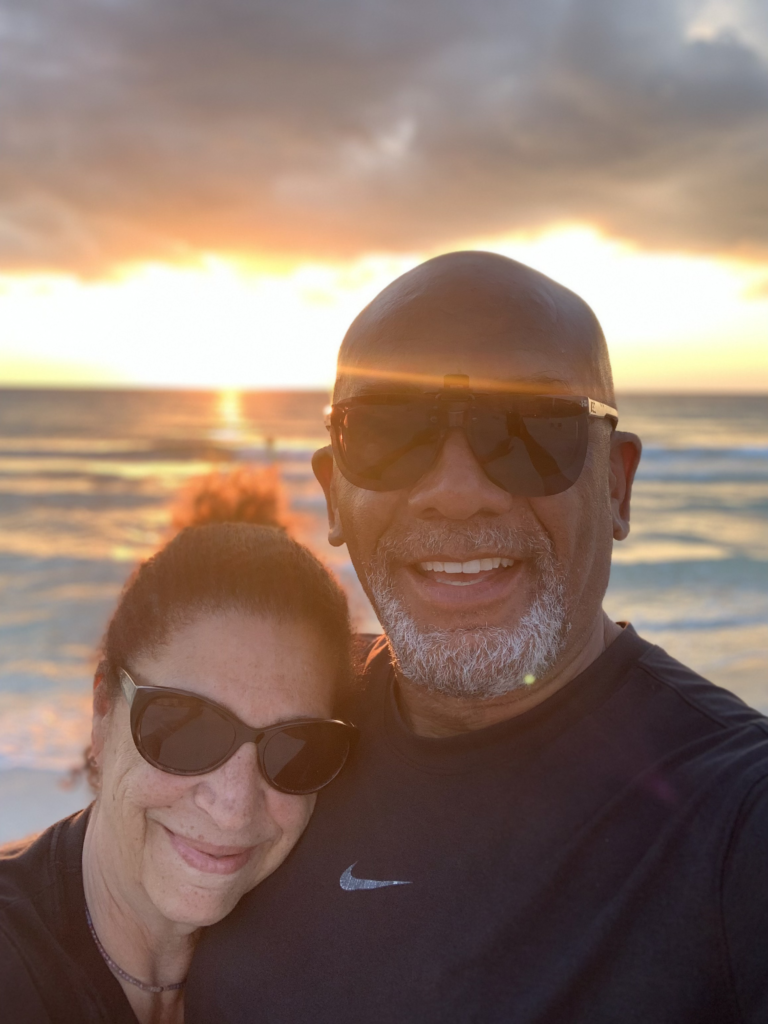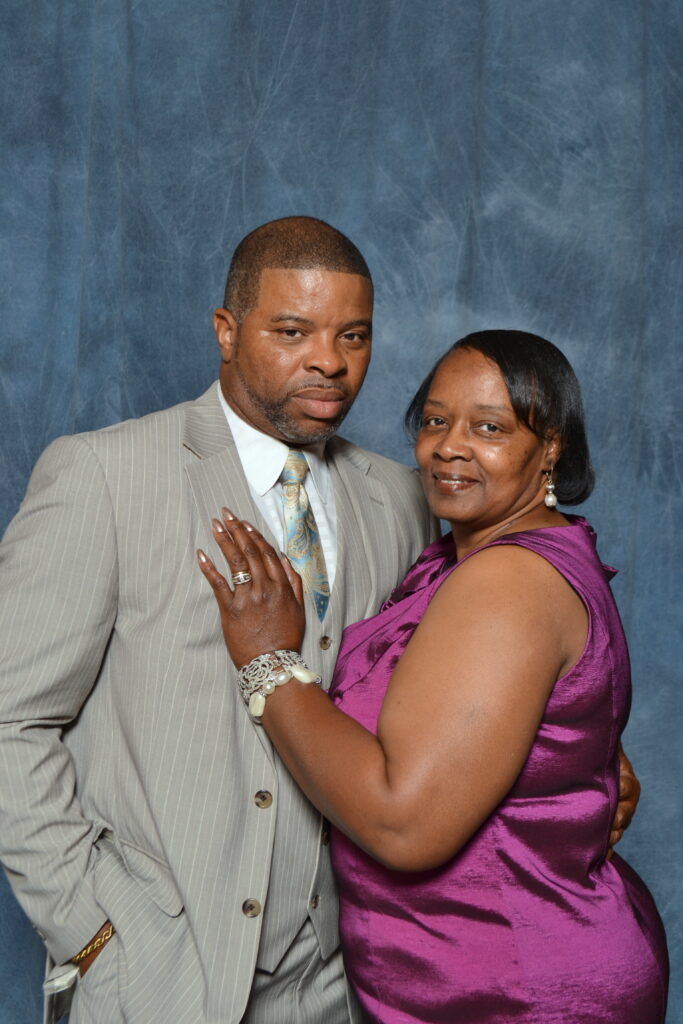Timothy L. Sinkfield
I was diagnosed with Prostate Cancer on April 19, 2018 at the McGuire Veteran Administrative Center during a routine physical examination. I was 56 years old. When learning about the diagnosis, I was surprised – shocked, even. How could it happen to me, and at this point in my life? I considered myself to be in pretty good health. To me, prostate cancer was something that happened to people much older than me, and frankly, I didn’t think it would affect me.
After the diagnosis, I made an appointment to speak with a specialist about my options. He talked about things like radical prostatectomy and external radiation. I listened to him, and felt like someone had just run me over with a Mack truck. My whole world came to a complete halt. The only thing I heard him say was cancer, cancer, cancer – everything else was just jargon.
My biggest fear was that the cancer could not be stopped in time before it would spread to other organs. What if they treated it and it would return a year later? I felt that any type of cancer was a hit or miss.
When I told my wife about the diagnosis, she started crying. After she calmed down, she went online and looked up everything she could find. Being a licensed practical nurse (LPN), she found a lot of information. Learning more about it was helpful, although it was hard to figure out what was reliable and accurate.
The hardest part about it all has been enduring two different surgeries. My first urologist wasn’t able to remove the entire mass, which by this point was enlarged. To me, the biggest lesson in all of this has been to start listening to my body, and if something doesn’t feel right, to get it checked right away. I am now getting regular checkups for colon and pancreatic cancer.
I first heard about CHAMPS during a follow up appointment with my urologist, Dr. James K. Bennett, at Midtown Urology. I am thankful for CHAMPS for giving individuals like myself a platform to let other men know how serious prostate cancer can become, if left untreated. If men would only get checked regularly and if diagnosed, take care of the issue at an early stage, they would have options.
I wish I myself had had more general information about prostate cancer and about the symptoms and early signs of prostate cancer – although I now know that it can be asymptomatic for very long. It would have been especially helpful to prevent getting it in the first place by knowing about preventive measures.
My advice to other men is to get regular checkups, and to avoiding eating trans and saturated fats. Choose a low-fat diet and exercise regularly while watching your weight and blood pressure. These days, I watch what I eat, I exercise regularly, and I follow a low-fat diet. I also drink more water and get regular checkups with my doctor. Being a cancer patient and now a cancer survivor has been an eye-opening experience for my entire family. I didn’t even know my father had had prostate surgery until I was diagnosed.
What I wish all men knew is that prostate cancer is very serious, but that it can be treated and cured with early detection, followed by the correct procedures. I had one of the best urologists in the world, Dr. James K. Bennett, and I owe him and Midtown Urology so much – not only for treating me, but for saving my life.



